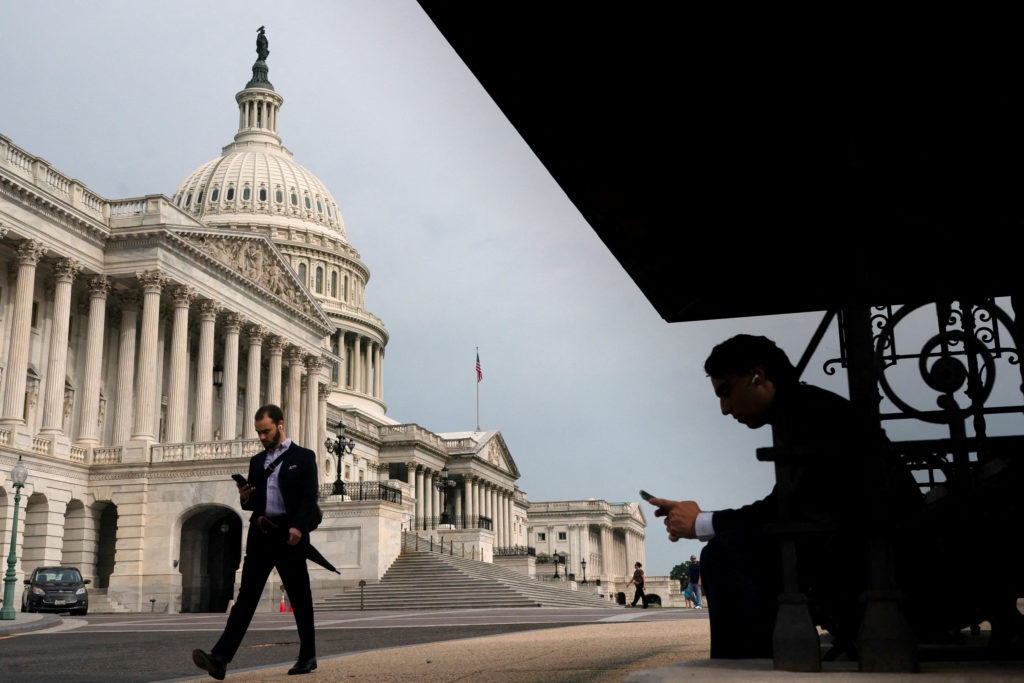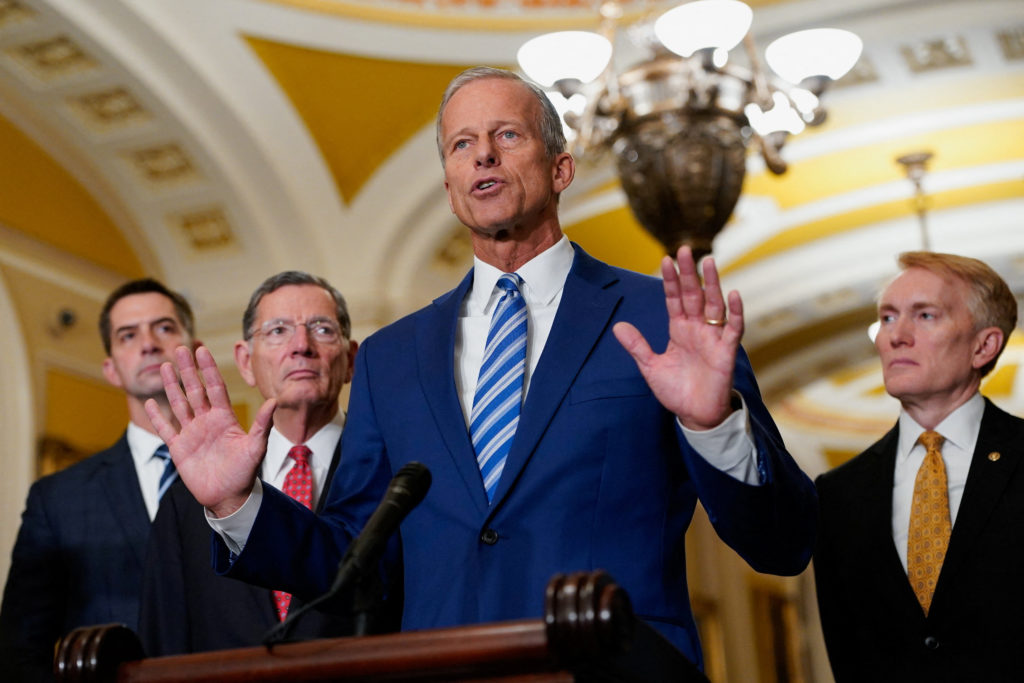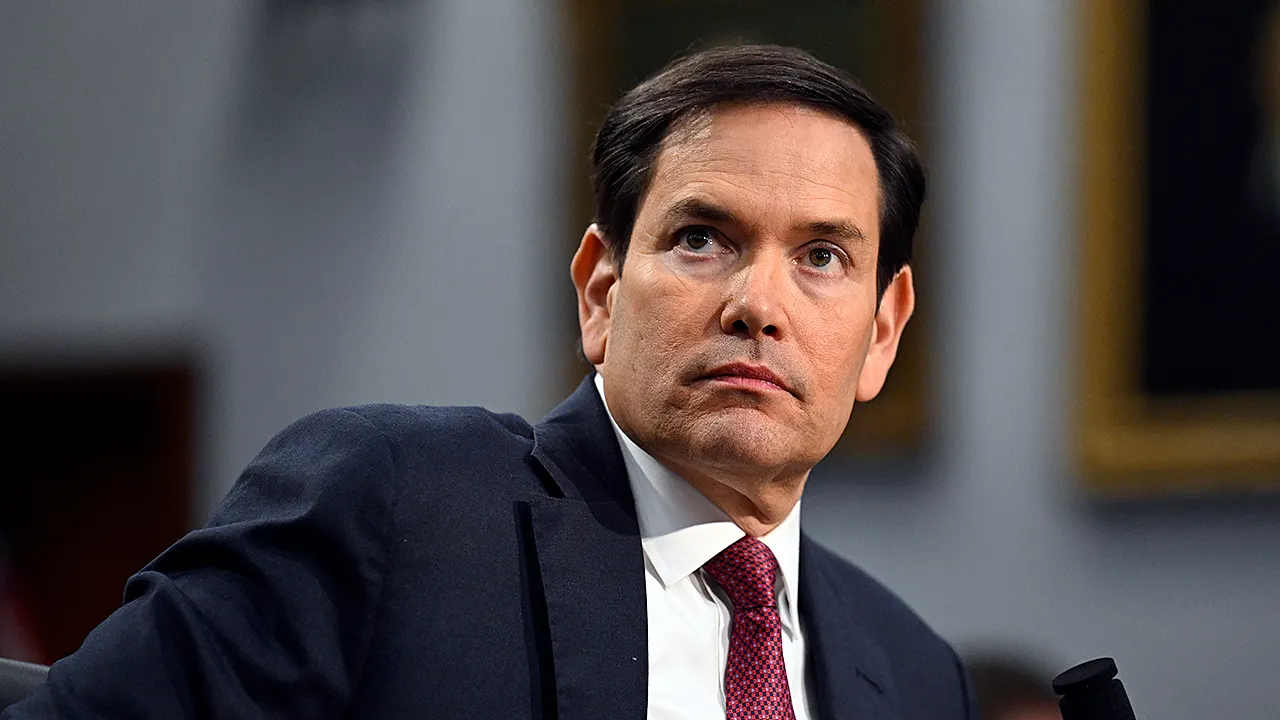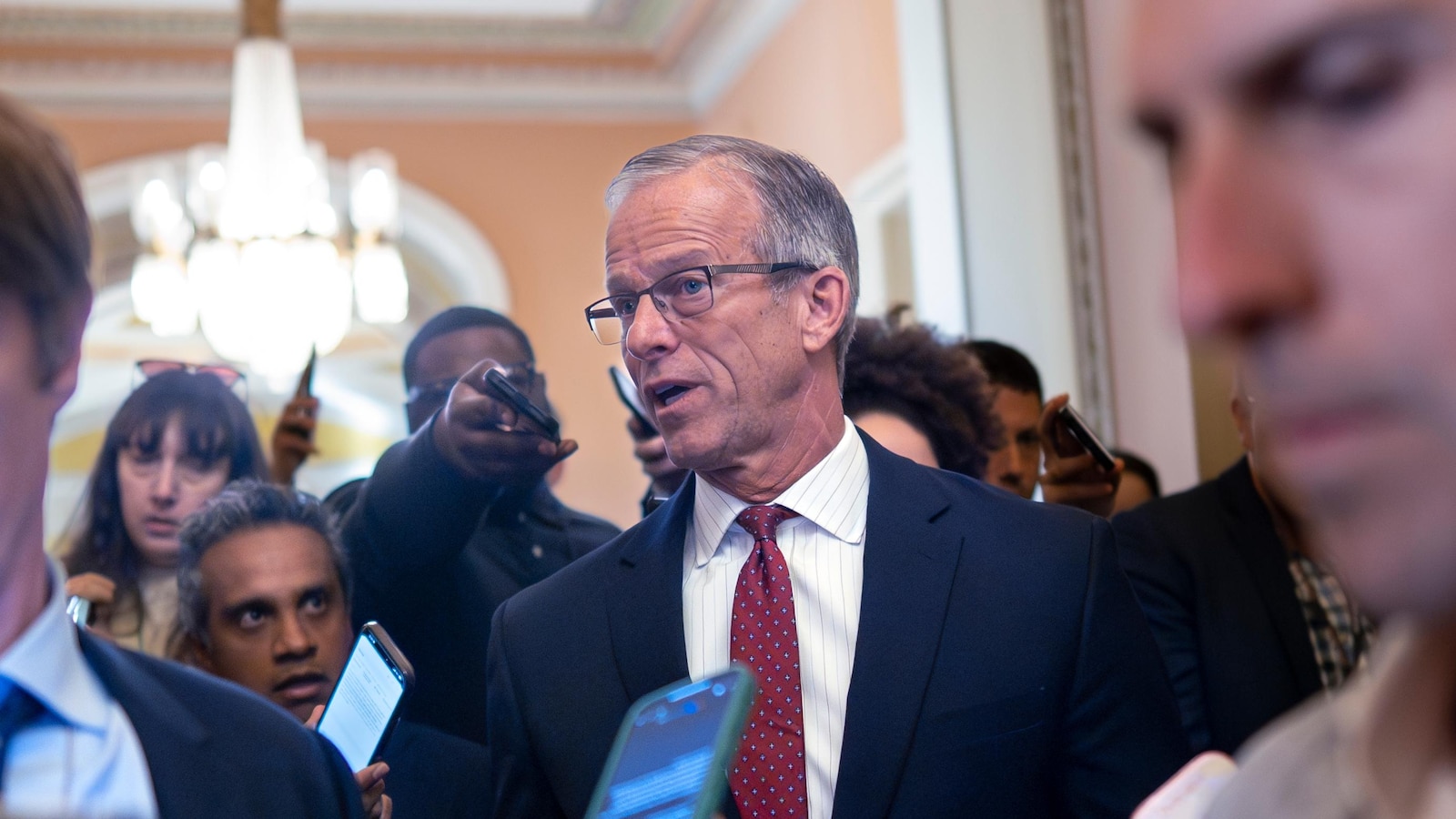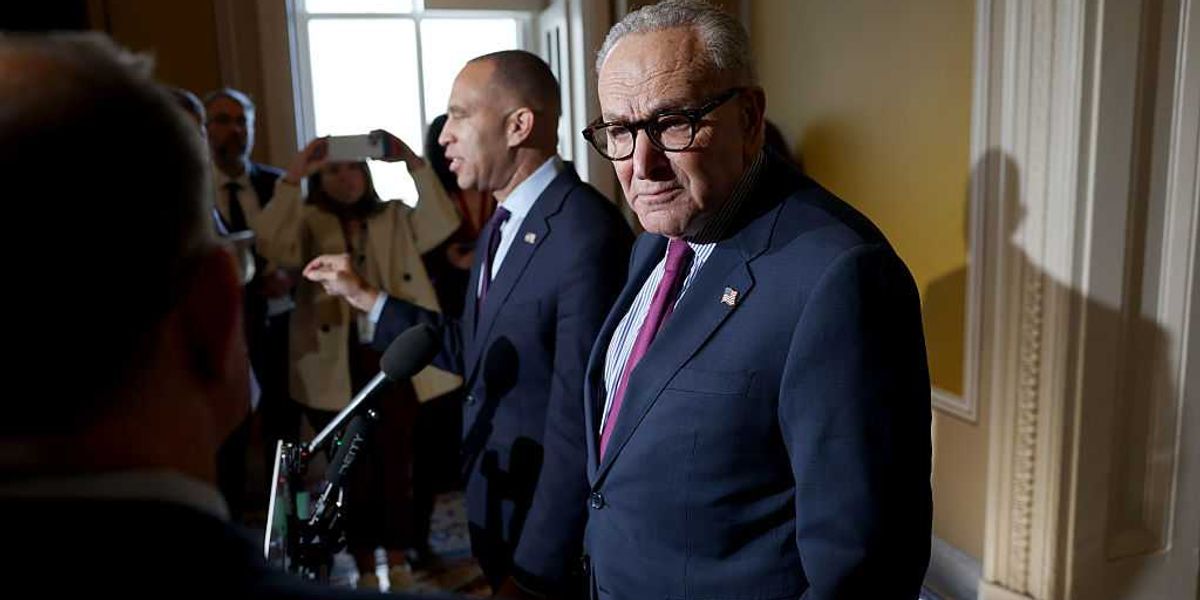US Government Shutdown Ties Record Length as Negotiations Stall
The US government shutdown has tied a historical record, leaving over 750,000 federal employees without pay for three weeks amidst stalled negotiations.
Overview
- The US government shutdown has entered its fourth week, now tying the 1995-1996 shutdown as the second-longest in the nation's history, highlighting prolonged political deadlock.
- Over 750,000 federal employees have been furloughed without pay for three weeks since October 1, facing severe financial hardship and uncertainty about their livelihoods.
- President Trump stated he will only meet with Democratic leaders after the government reopens, emphasizing his desire for a swift resolution to the ongoing closure.
- Partisan disputes persist in the Senate, with Democrats confidently voting against House-passed bills and pushing for reversals on Medicaid policy and addressing the ACA premium crisis.
- Critical government services, including WIC, Head Start, and air traffic control, are severely impacted, risking funding for vulnerable families and causing widespread flight delays across the U.S.
Report issue

Read both sides in 5 minutes each day
Analysis
Center-leaning sources frame the government shutdown by highlighting its severe and widespread negative impacts on federal workers and essential programs, contrasting this with the perceived lack of urgency from Republican leadership. They emphasize the duration of the shutdown and the escalating financial strain on millions of Americans, while portraying Republican resistance to compromise on health care funding as a key impediment.
Articles (13)
Center (3)
FAQ
The shutdown has resulted from prolonged political deadlock between parties, with partisan disputes in the Senate over policies such as Medicaid and the Affordable Care Act, preventing agreement on budget funding.
Over 750,000 federal employees have been furloughed without pay for three weeks, facing severe financial hardship and uncertainty regarding their livelihoods.
Essential services such as WIC (Women, Infants, and Children program), Head Start early education, and air traffic control have suffered from funding interruptions, putting vulnerable families at risk and causing widespread flight delays in the U.S.
President Trump has declared he will only meet with Democratic leaders after the government reopens, indicating a desire for a swift resolution but withholding direct talks during the closure.
Democrats have confidently voted against House-passed bills funding the government, pushing to reverse Medicaid policy changes and address the Affordable Care Act premium crisis as part of their negotiation stance.
History
- 2M

 3 articles
3 articles
- 2M

 3 articles
3 articles
- 2M

 4 articles
4 articles


